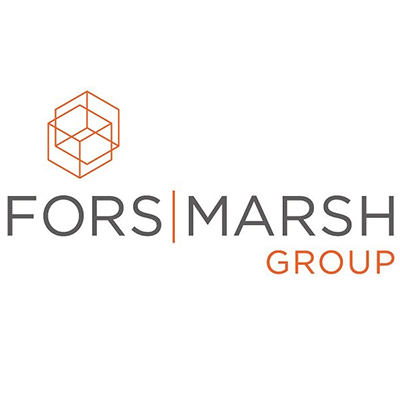ATD Blog
Advancing DEIA in Federal Agencies: Why Assessment Is Vital
Thu Aug 11 2022

Many public and private sector organizations recently have committed to bold changes in their strategic approach to diversity, equity, inclusion, and accessibility (DEIA). In 2021, President Biden issued Executive Order 14035, which includes requirements for agencies to strengthen and promote DEIA in the federal workforce. A diverse, equitable, inclusive, and accessible federal government can enhance engagement and performance among employees, thereby improving agencies’ overall ability to address the nation’s complex and evolving challenges.
Understanding DEIA in the Workplace
Although many public and private sector organizations have set DEIA goals, they often struggle to actualize those goals and values into their envisioned DEIA outcomes. This is partly because the data used to inform DEIA strategy and its execution are often deficient, consisting only of surface-level indicators such as representation and compliance or grievance data.
There is no one-size-fits-all solution to creating a diverse, equitable, inclusive, and accessible workplace; the approach needs to be customized and informed by data and insights collected within the organization. Many organizations rely on readily available metrics, such as representation or a brief set of questions from an annual survey, to measure their DEIA progress. For example, using results from an agency’s Federal Employee Viewpoint Survey (FEVS) can play a role in understanding the organization’s current state of DEIA. These metrics are important but insufficient to fully understand the complexities of DEIA in an organization. Without a more nuanced understanding, leaders cannot effectively create and sustain change.
DEIA in Your Organization
Agencies must move beyond “checking the box” and instead engage in thoughtful and sustained progress toward components of DEIA. To do this, agencies should carefully consider and assess
DEIA components from different angles, using multiple methods, and then design initiatives to address the core issues to make meaningful and lasting changes. Fors Marsh Group’s (FMG) assessment approach lays the groundwork for organizations to adjust DEIA strategies, refine interventions, and accelerate DEIA improvements.
FMG’s IDEA Assessment Framework
In support of organizations’ need to dig deeper into DEIA, our team at FMG conducted a thorough multidisciplinary review of DEIA literature and input from DEIA experts to develop a comprehensive assessment framework called the Inclusion, Diversity, Equity, and Accessibility (IDEA) Assessment Framework. Our research-based framework contains seven key content areas that are critical to understanding DEIA. Within these seven content areas, our assessment captures attitudes, values, perceptions, norms, and experiences as well as organizational policies, programs, structures, and systems.
The content areas span these topics:
Employees’ comfort with bringing their whole self to work
Employees’ ability to contribute their unique perspective
Information flow and social networks
Perceptions of leaders and organizational efforts
Receptiveness and openness to change
DEIA competencies of leaders and employees
Our overarching assessment approach leverages multiple methods to examine DEIA from different angles. This mixed-method approach is essential for identifying root causes of and remedies for issues or strengths identified during data collection. By using a variety of methods, organizations can integrate perspectives to gain invaluable insights that could not come from one method alone.
These methods can be used to gather a wide range of information:
Quantitative data collection, which provides insights from a large portion of employees through a proprietary IDEA survey and administrative data
Qualitative data collection, which provides rich accounts through interviews and focus groups of organizational experiences that allow for a deeper understanding of the meaning that people attach to their experiences
Ethnography and social network analyses, which provide opportunities to observe or detect social and information-sharing processes “in action” to uncover norms, patterns, or practices that may not be consciously shared or evident through other methods
FMG’s proprietary IDEA Assessment Framework and expertise can provide comprehensive insights to support your agency’s progress toward DEIA goals. We can also support the implementation of tailored action plans because of our expertise in DEIA strategic planning, succession planning, and our history of developing creative and feasible solutions in the DEIA space.
If you would like to learn more, stop by the Fors Marsh Group table at ATD Government Workforce, September 8, in Washington, DC.
You've Reached ATD Member-only Content
Become an ATD member to continue
Already a member?Sign In

